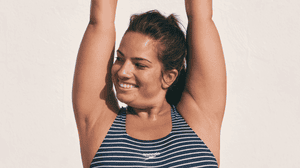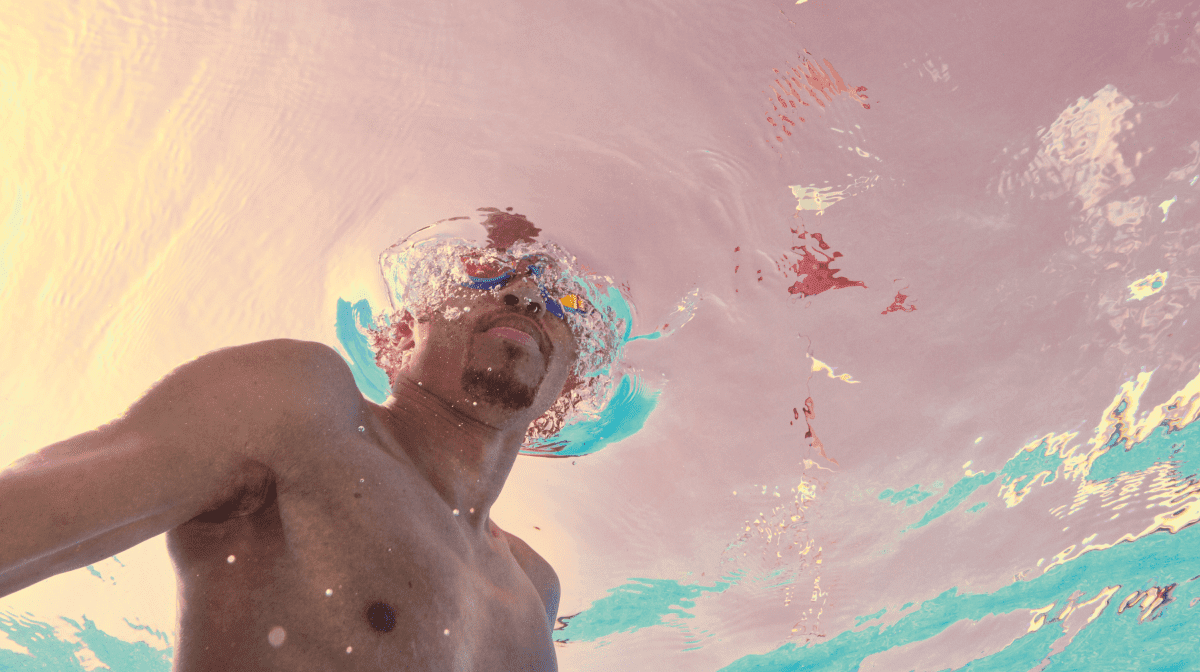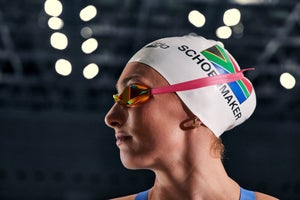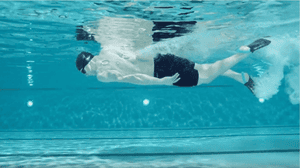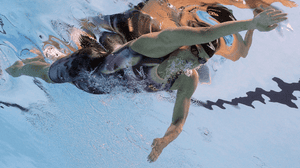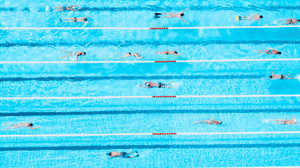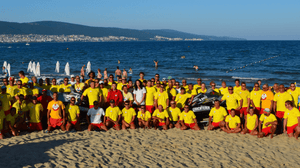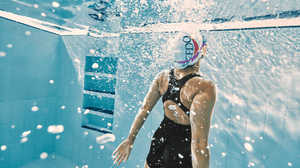Speedo
Writer and expert3 years ago

So you’ve taken the plunge and decided to train for a triathlon – congratulations! But now you’re reading a lot about ‘technique’. What does it all mean? Tri coach, Dan Bullock, takes us back to beginner basics on the subject of swimming technique, strokes to try, and why it’s worth hiring a swimming coach for your triathlon training.
- Q How important is technique when you’re learning to swim?
- A Your swimming technique is harder to change later in life so the fewer mistakes made earlier, when learning, the more effective you will be later in your swimming career.
- Q I’ve never had swimming lessons/coaching – does this mean my technique will be poor?
- A Swimming is highly technical and isn’t easy to change, even for advanced swimmers. Swimming is illogical and counter-intuitive, therefore getting it right, without instruction, is very difficult.
- Q Can you teach yourself better swimming technique?
- A Teaching yourself better technique isn’t easy, as most swimmers struggle to understand what they’re doing right and wrong while in the water. You can watch good technique, read good technique, even picture good technique in your mind, but this is rarely translated into performing the correct movements, therefore it’s useful to get advice and feedback from a swimming coach or triathlon swimming coach.
- Q What are the main benefits of having a swimming coach?
- A A swimming coach will be the eyes you need to guide you and describe the mistakes you make. They will help translate the technical points that you might be misinterpreting into fluid swimming movements. This will ultimately help your triathlon swim results.
- Q Which stroke is the hardest to master and why?
- A They all have their complexities, but perhaps butterfly is most the difficult due to the very specific timing required for taking a breath. If your timing is out, you’ll struggle to take in air.
- Q What are the benefits of good swimming technique? Does it improve fitness as well as performance?
- A Good technique will exhaust you less, so you can do more of it at a steadier pace. The fitness benefits are well documented but until the mechanics of your strokes are efficient it will be hard to swim much more than a few lengths. You’re also less likely to injure yourself if you’re performing the correct movements with the correct muscles.
- Q I’ve never thought about technique before – which stroke should I start with, and why?
- A Freestyle and backstroke are perhaps the two least tiring strokes when performed correctly. Because there’s no timing or head turn requirements for breathing during backstroke, it could be considered an easier starting point. Freestyle can worry new swimmers because you need to put your face in the water to perform it well. Depending on fitness levels and starting point, breaststroke might appear simple but when done well it’s actually highly technical. My advice would be that confidence, the ability to relax, and timing of the breath should be early aims regardless of stroke.
- Q Are different techniques required for pool/open water swimming, and why?
- A Your swimming movements won’t necessarily need to change solely due to being in open water, but you’ll need to add in a method for sighting and looking where you’re going. If you’re swimming in a wetsuit this will affect your body position so we might take into account this change, however legs still kick and arms still pull, whether you’re in the pool or open water!
- Q What do you think is most important and why: stroke techniques or breathing techniques? Or do you need to have everything working in synch to swim effectively?
- A Stroke technique and breathing technique are inextricably linked. Controlled breathing allows you to swim, relaxed, with a stroke that can be reproduced over and over. Swimming well with good technique allows you to breathe when you want to. In the water, until you have better control of your swim technique, your stroke will dictate when you get to take a breath, which is very frustrating.
- Q What’s your top swimming technique tip for: a swimming novice; a swimming enthusiast; and an experienced high-level swimmer?
- A
Swimming novice – swim more frequently but perhaps for shorter periods. Tremendous gains can be made if you reduce the amount of time ‘unlearning’ between swims.
Swimming enthusiast – work with a coach. Huge gains can be made for modest changes to your swim technique.
Experienced high-level swimmer – check your progress by performing some specific, reproducible swim sets every 6 weeks or so. Measure if you’re getting faster, fitter or swimming further. Add some accountability to your swimming. It might help get you to the pool on those days when you’re not so keen to go.
[post_card id="1"]
Speedo
Writer and expert

Related Articles

